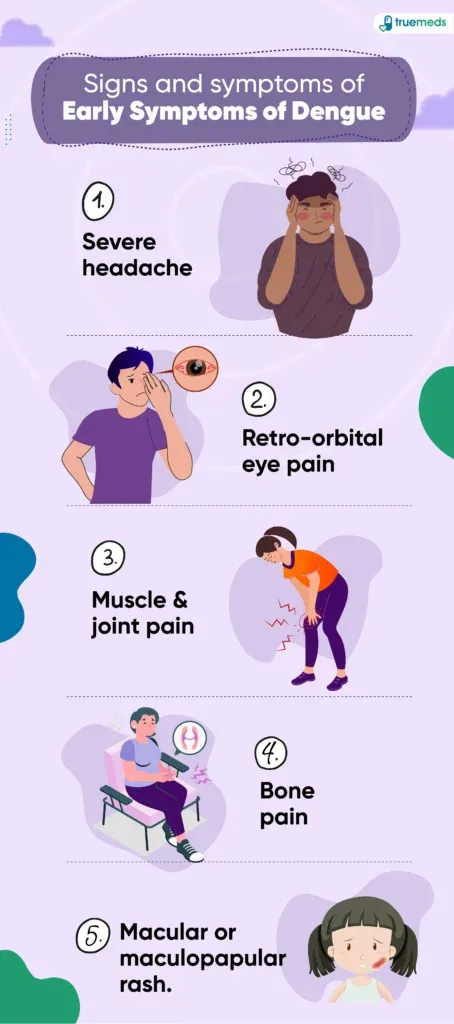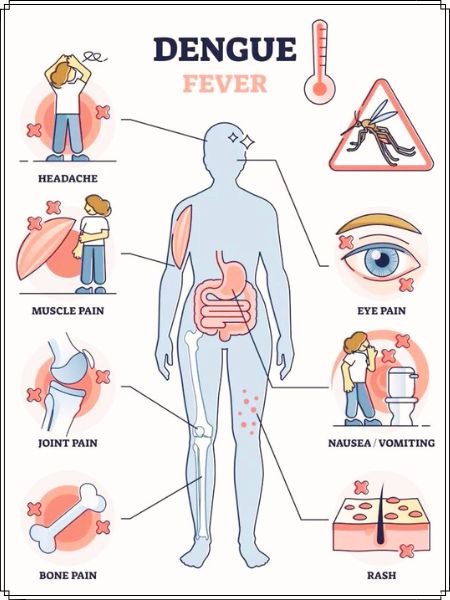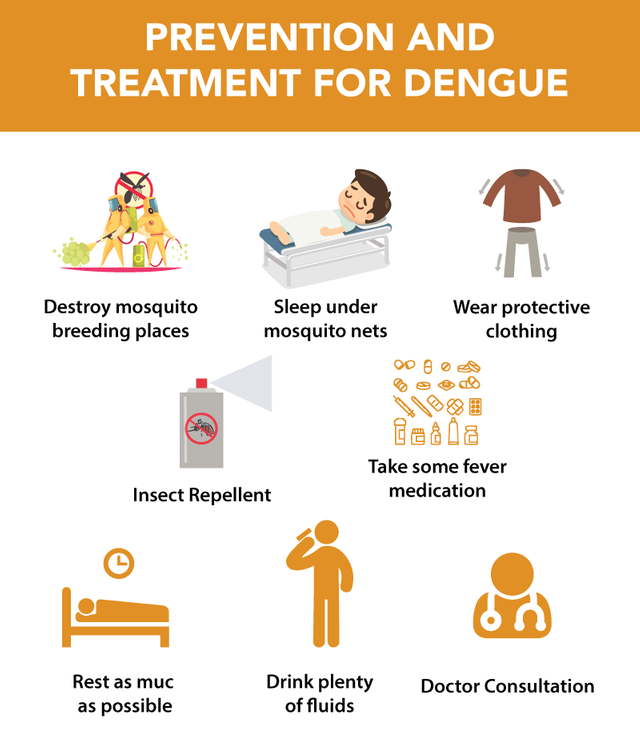Dangu virus
Dengue, often referred to as "breakbone fever," is a viral infection transmitted primarily by the Aedes aegypti mosquito, though Aedes albopictus can also spread it. The disease is prevalent in tropical and subtropical regions, with cases frequently seen in Southeast Asia, Latin America, the Caribbean, and some parts of Africa. Symptoms of dengue usually develop 4-10 days after a mosquito bite and can include high fever, intense headache, pain behind the eyes, muscle and joint pain, nausea, vomiting, swollen glands, and a rash.
In some cases, dengue can progress to severe dengue, marked by symptoms such as severe abdominal pain, persistent vomiting, bleeding from the gums or nose, rapid breathing, fatigue, and restlessness. Severe cases require urgent medical attention, as they can lead to shock, organ failure, and death if untreated.
Treatment focuses on symptom management, with hydration and pain relief (acetaminophen) being common recommendations. Anti-inflammatory drugs like ibuprofen are generally avoided due to the risk of bleeding. There is no specific cure, but there are vaccines available for individuals in high-risk areas who have had prior infections.
Preventing mosquito bites is key in controlling the spread of dengue. Protective measures include using mosquito repellents, wearing long clothing, and ensuring sleeping areas are screened or using insecticide-treated nets in dengue-prone regions.
Dengue cases have been on the rise globally, with climate changes and increased mosquito habitats contributing to its spread in regions that previously had little to no dengue presence, including parts of southern Europe.


